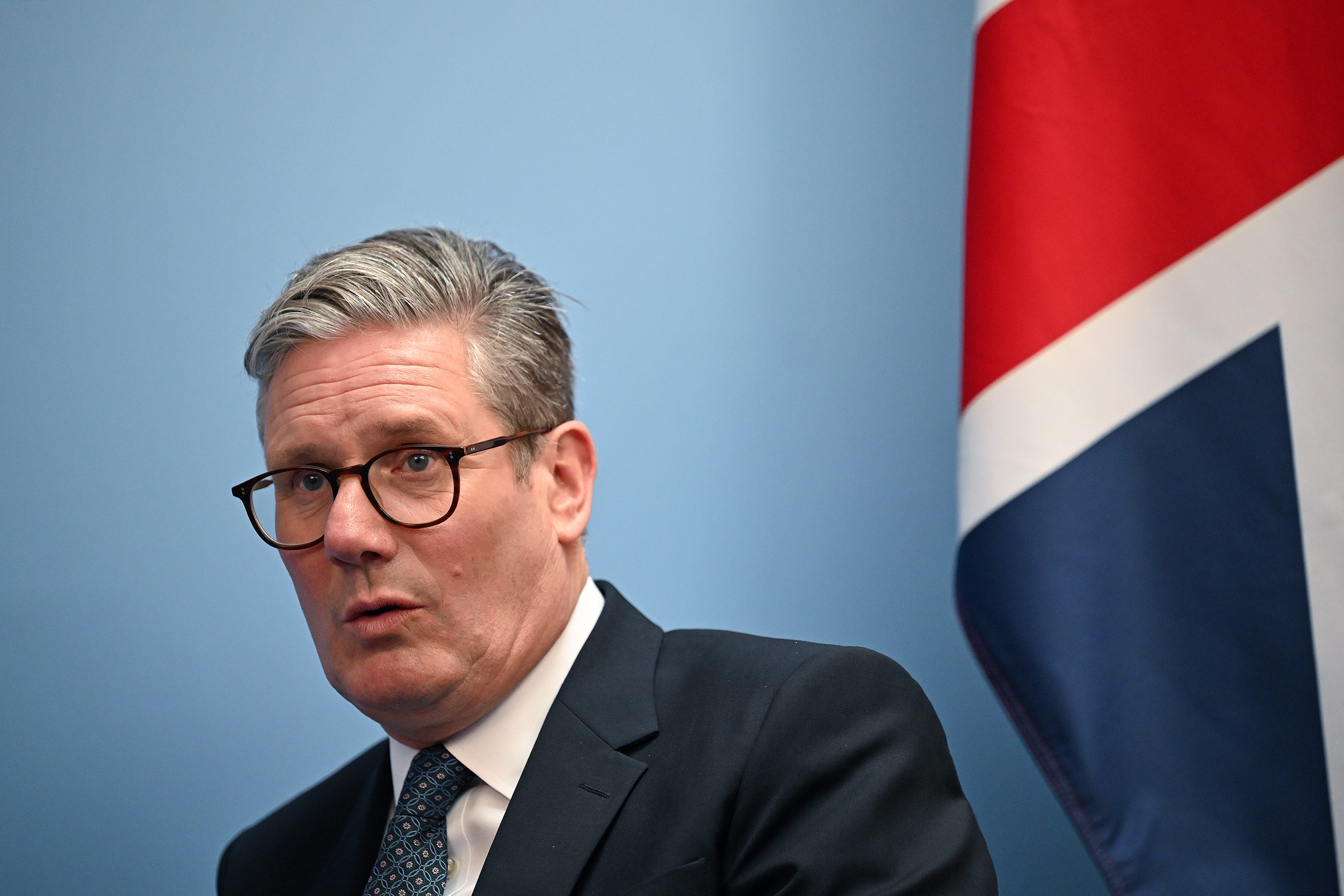Starmer sets out new skills body to reduce reliance on overseas workers
Ministers hope Skills England will train the homegrown workforce to meet the needs of the economy.

Your support helps us to tell the story
From reproductive rights to climate change to Big Tech, The Independent is on the ground when the story is developing. Whether it's investigating the financials of Elon Musk's pro-Trump PAC or producing our latest documentary, 'The A Word', which shines a light on the American women fighting for reproductive rights, we know how important it is to parse out the facts from the messaging.
At such a critical moment in US history, we need reporters on the ground. Your donation allows us to keep sending journalists to speak to both sides of the story.
The Independent is trusted by Americans across the entire political spectrum. And unlike many other quality news outlets, we choose not to lock Americans out of our reporting and analysis with paywalls. We believe quality journalism should be available to everyone, paid for by those who can afford it.
Your support makes all the difference.Sir Keir Starmer has set out plans to curb reliance on foreign workers by improving skills training in England.
The Prime Minister will set out his approach in a speech on Monday, promising a new body to address the “fragmented and broken” training system.
The Skills England organisation will bring together central and local government, businesses, trade unions and training providers to better understand the nation’s “skills gap”.
Our success as a country depends on delivering highly skilled workforces for the long term. Skills England will put in place the framework needed to achieve that goal while reducing our reliance on workers from overseas
It will work with the Migration Advisory Committee to reduce reliance on workers from overseas by addressing areas where home-grown skills can be improved.
Sir Keir said: “Our skills system is in a mess, which is why we are transforming our approach to meet skills needs over the coming decades.
“They will help to deliver our number one mission as a Government, to kickstart economic growth by opening up new opportunities for young people and enabling British businesses to recruit more home-grown talent.
“From construction to IT, healthcare to engineering, our success as a country depends on delivering highly skilled workforces for the long term. Skills England will put in place the framework needed to achieve that goal while reducing our reliance on workers from overseas”.
Education Secretary Bridget Phillipson has appointed former Co-Operative Group chief executive Richard Pennycook as interim chairman of Skills England, with the body expected to be established in phases over the next 12 months.
Its first task will be an assessment of future skills needs, and it will later take on the functions of the Institute for Apprenticeships and Technical Education once the Skills England Bill, announced in the King’s Speech, passes Parliament.
According to the Department for Education, skills shortages doubled between 2017 and 2022, and now account for 36% of job vacancies.
The Government also sees improved training as vital to its aim of growing the economy, arguing that a third of productivity growth over the last two decades has been down to better skills.
The plan will reform the apprenticeship levy and turn it into a growth and skills levy.
Ms Phillipson said: “The skills system we inherited is fragmented and broken. Employers want to invest in their workers but for too long have been held back from accessing the training they need.”
She denied a rise in immigration could help plug skills gaps in the workforce in the short term until the new training regime is in place.
Asked whether foreign workers could fill vacancies in the meantime, she told ITV’s Good Morning Britain: “No, this is about creating more opportunities for people here in our country to get the skills that they need in order to fill those skill shortages.
“We saw a big increase under the Conservatives in skills shortages across our economy. That’s not just holding our economy back and the growth and the job opportunities that we want – it’s holding our people back too.”
A Conservative Party spokesman said: “We will wait to see Labour’s plans in full, but by allowing 50% of the Apprenticeship Levy funds to go to other non-apprenticeship training we may see the number of apprenticeships is reduced by half, leading to fewer opportunities for the next generation.
“We hope Labour will continue the good work of the Conservative government, which saw 5.8 million more apprenticeships created since 2010 alongside our education reforms which now find our children among the best readers in the Western world.”